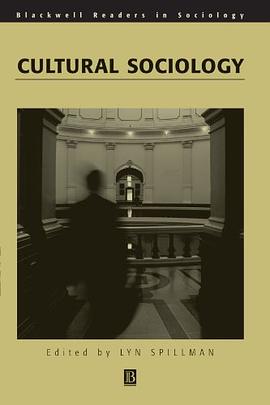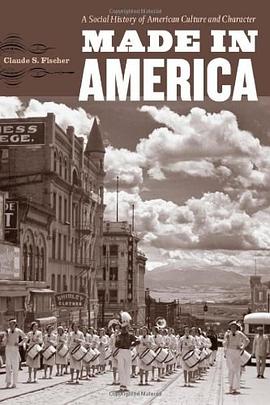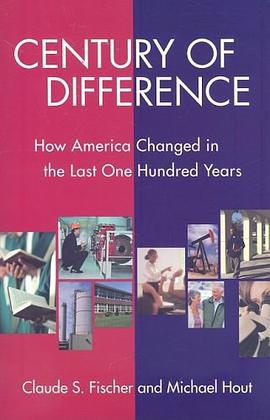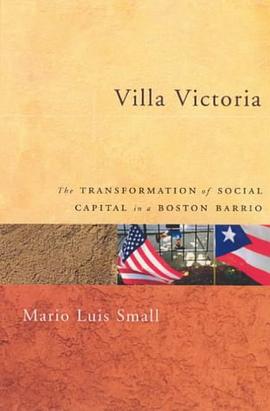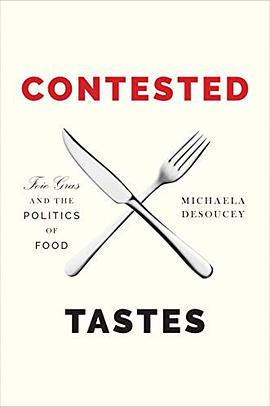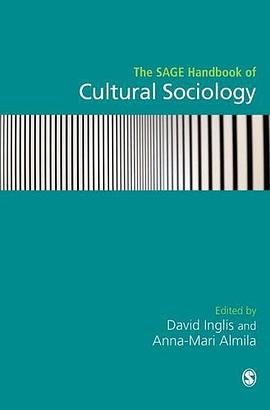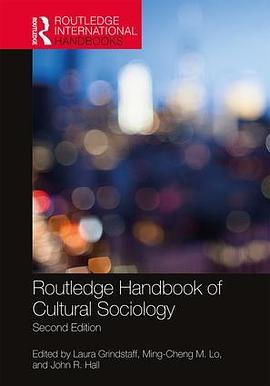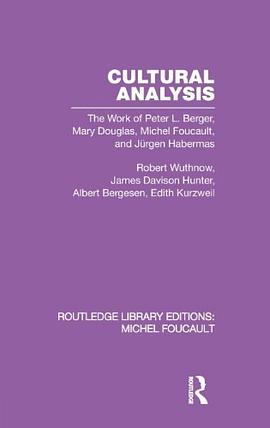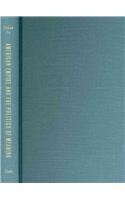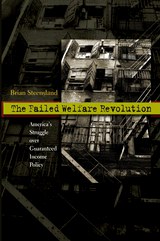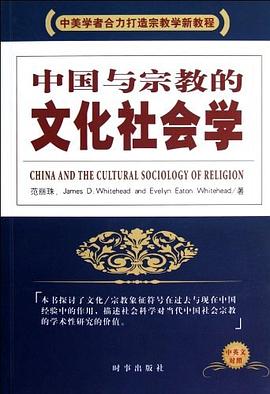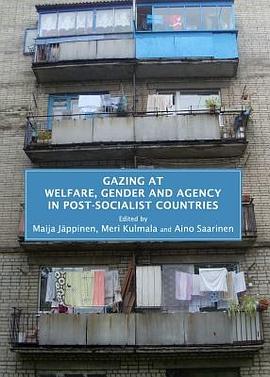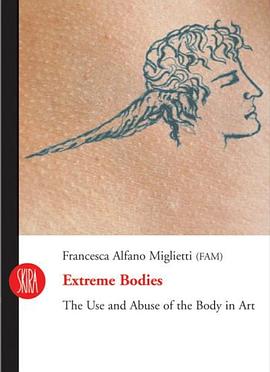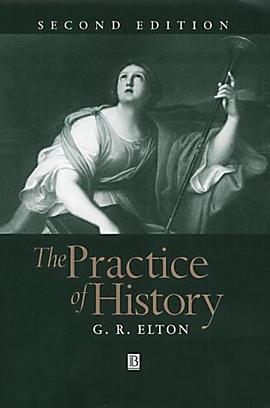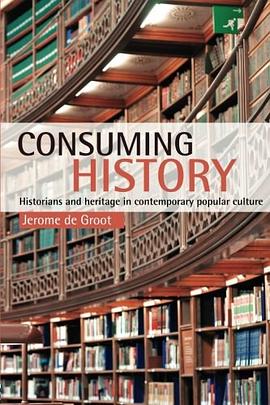List of Contributors.
Preface.
.
Acknowledgements.
.
Introduction: Culture and Cultural Sociology: Lyn Spillman.
.
Part I: Analyzing Culture in Society: Key Ideas:.
1. The Diversity of Cultures: Ruth Benedict.
2. The Metropolis and Mental Life: Georg Simmel.
3. The Culture Industry: Enlightenment as Mass Deception: Max Horkheimer and Theodor Adorno.
4. Center and Periphery: Edward Shils.
5. Base and Superstructure: Raymond Williams.
6. Thick Description: Toward an Interpretive Theory of Culture: Clifford Geertz.
7. Cultural Power: Pierre Bourdieu.
.
Part II: Cultural Repertoires: Identities and Practices:.
8. Boundary Work: Sculpting Home and Work: Christena E. Nippert-Eng (Illinois Institute of Technology).
9. Corporate Culture: Gideon Kunda (Tel Aviv University).
10. Symbolic Boundaries and Status: Michèle Lamont (Princeton University).
11. Symbolic Exclusion and Musical Dislikes: Bethany Bryson (University of Virginia).
12. Raced Ways of Seeing: Darnell Hunt (University of Southern California).
13. "Close to Home": The Work of Avoiding Politics: Nina Eliasoph (University of Wisconsin-Madison).
14. How Culture Works: Perspectives from Media Studies on the Efficacy of Symbols: Michael Schudson (University of California, San Diego).
.
Part III: Cultural Production: Institutional Fields:.
15. Market Structure, the Creative Process, and Popular Culture: Toward an Organizational Reinterpretation of Mass-Culture Theory: Paul DiMaggio (Princeton University).
16. Why 1955? Explaining the Advent of Rock Music: Richard A. Peterson (Vanderbilt University).
17. Art Worlds: Howard S. Becker.
18. American Character and the American Novel: An Expansion of Reflection Theory in the Sociology of Literature: Wendy Griswold (Northwestern University).
19. Behind the Postmodern Façade: Architectural Change in Late Twentieth-Century America: Magali Sarfatti Larson (University of Urbino).
20. The Vietnam Veterans Memorial: Commemorating a Difficult Past: Robin Wagner-Pacifici (Swarthmore College) and Barry Schwartz (University of Georgia).
.
Part IV: Cultural Frameworks: Categories, Genre, and Narrative:.
21. The Fine Line: Making Distinctions in Everyday Life: Eviatar Zerubavel (Rutgers University).
22. The Discourse of American Civil Society: A New Proposal for Cultural Studies: Jeffrey C. Alexander (University of California, Los Angeles) and Philip Smith (University of Queensland).
23. Cultural Form and Political Meaning: State-Subsidized Theater, Ideology, and the Language of Style in Fascist Italy: Mabel Berezin (University of California, Los Angeles).
24. Deciphering Violence: The Cognitive Structure of Right and Wrong: Karen Cerulo (Rutgers University).
25. Civil Society and Crisis: Culture, Discourse, and the Rodney King Beating: Ronald N. Jacobs (University at Albany, State University of New York).
.
Part V: Social Change and Cultural Innovation:.
26. Constructing the Public Good: Social Movements and Cultural Resources: Rhys H. Williams (Southern Illinois University).
27. The Search for Political Community: American Activists Reinventing Commitment: Paul Lichterman (University of Wisconsin, Madison).
28. Cultural Power and Social Movements: Ann Swidler (University of California, Berkeley).
29. A Theory of Structure: Duality, Agency, and Transformation: William H. Sewell, Jr. (University of Chicago).
30. Communities of Discourse: Ideology and Social Structure in the Reformation, the Enlightenment, and European Socialism: Robert Wuthnow (Princeton University).
31. Postmodernism, or The Cultural Logic of Late Capitalism: Fredric Jameson (Duke University).
.
Index.
· · · · · · (
收起)
